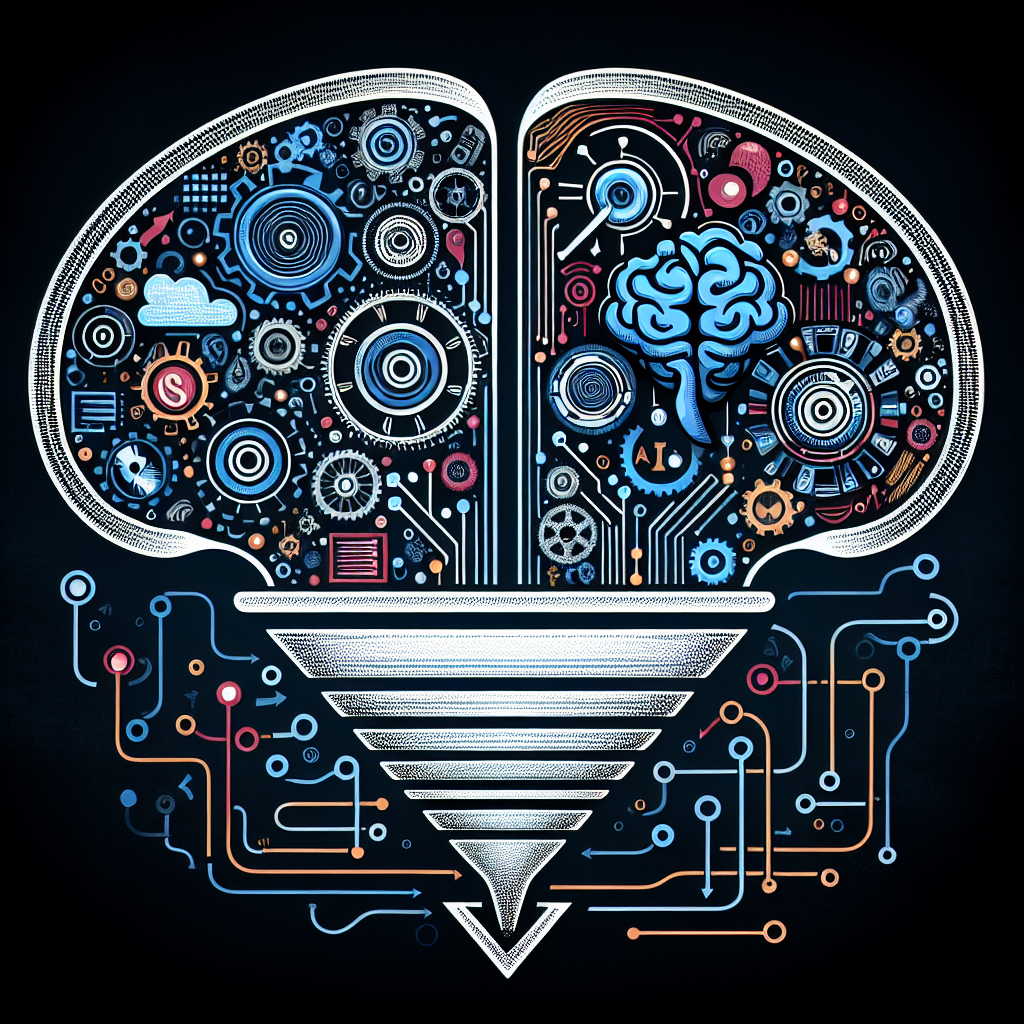In today’s fast-paced digital world, marketing personalization has become more important than ever. Customers are bombarded with advertisements and content from all directions, making it increasingly difficult for brands to cut through the noise and capture their attention. This is where artificial intelligence (AI) comes in, offering a variety of benefits for marketing personalization that can help businesses stand out in a crowded marketplace.
1. Improved Customer Experience
One of the main benefits of using AI in marketing personalization is the ability to deliver a more personalized and tailored experience to customers. AI algorithms can analyze customer data and behavior to create highly targeted and relevant marketing campaigns that resonate with individual preferences and interests. This can lead to higher engagement rates, increased customer satisfaction, and ultimately, higher conversion rates.
For example, AI-powered recommendation engines can suggest products or content based on a customer’s previous purchases or browsing history, making it easier for them to discover new items that they are likely to be interested in. This not only enhances the customer experience but also increases the likelihood of repeat purchases and brand loyalty.
2. Increased Efficiency and Scalability
AI technology can automate many aspects of the marketing personalization process, saving time and resources for businesses. With AI-powered tools, marketers can quickly analyze large amounts of data, segment audiences, and create personalized campaigns at scale. This allows businesses to reach a wider audience with targeted messages without having to manually customize each communication.
AI can also optimize marketing campaigns in real-time, making adjustments based on customer responses and behavior to maximize results. This level of automation and optimization can help businesses achieve better ROI on their marketing efforts and drive more impactful results.
3. Predictive Analytics
AI can also help businesses predict customer behavior and preferences, allowing them to anticipate needs and tailor marketing efforts accordingly. By analyzing historical data and patterns, AI algorithms can forecast future trends and identify potential opportunities for personalization. This can help businesses stay ahead of the competition and deliver timely and relevant messages to customers.
For example, AI can predict when a customer is likely to make a purchase based on their browsing history and engagement with previous marketing campaigns. This information can be used to send targeted promotions or offers at the right time, increasing the chances of conversion and driving revenue for the business.
4. Enhanced Customer Segmentation
AI can segment customers into more granular and specific groups based on their behavior, preferences, and demographics. This allows businesses to create personalized marketing campaigns that are tailored to each segment’s unique needs and interests. By targeting messages to specific audience segments, businesses can increase the relevance and effectiveness of their marketing efforts.
AI can also help businesses identify new segments and opportunities for personalization that may have been overlooked using traditional segmentation methods. By analyzing data from multiple sources and channels, AI can uncover insights and patterns that can inform more targeted and effective marketing strategies.
5. Real-Time Personalization
AI enables real-time personalization, allowing businesses to deliver dynamic content and messages that are tailored to each customer’s current context and behavior. By tracking customer interactions in real-time, AI can adjust marketing messages and offers on the fly to provide the most relevant and timely information to customers.
For example, AI can personalize website content based on a customer’s browsing behavior, showing them products or promotions that are most likely to resonate with their interests. This level of real-time personalization can enhance the customer experience and drive engagement and conversions for businesses.
FAQs:
Q: How can AI help businesses personalize their marketing efforts?
A: AI can analyze customer data, behavior, and preferences to create highly targeted and relevant marketing campaigns that resonate with individual interests. This can lead to higher engagement rates, increased customer satisfaction, and ultimately, higher conversion rates.
Q: What are some examples of AI-powered marketing personalization tools?
A: AI-powered recommendation engines, predictive analytics platforms, customer segmentation tools, and real-time personalization engines are some examples of AI-powered tools that businesses can use to personalize their marketing efforts.
Q: How can AI improve customer segmentation for marketing personalization?
A: AI can segment customers into more granular and specific groups based on their behavior, preferences, and demographics. This allows businesses to create personalized marketing campaigns that are tailored to each segment’s unique needs and interests.
Q: What are the benefits of real-time personalization using AI?
A: Real-time personalization enables businesses to deliver dynamic content and messages that are tailored to each customer’s current context and behavior. This can enhance the customer experience and drive engagement and conversions for businesses.

